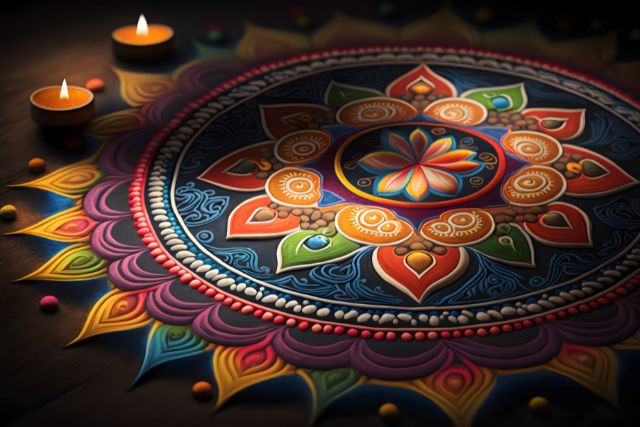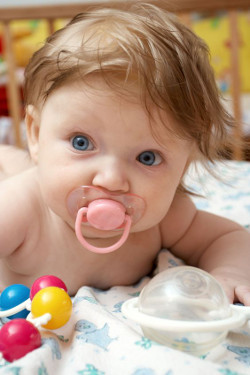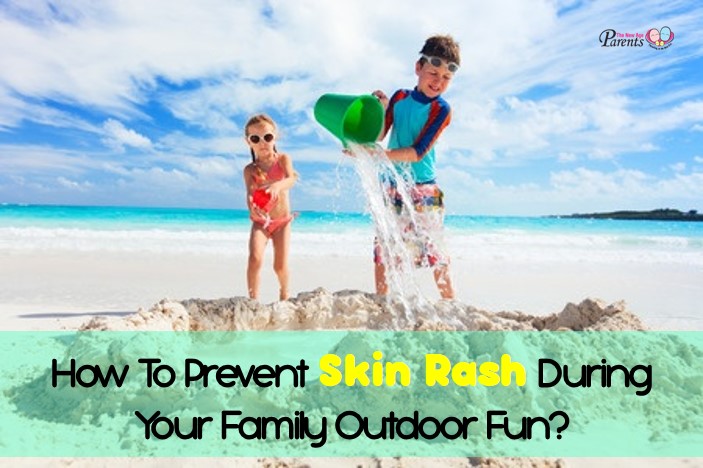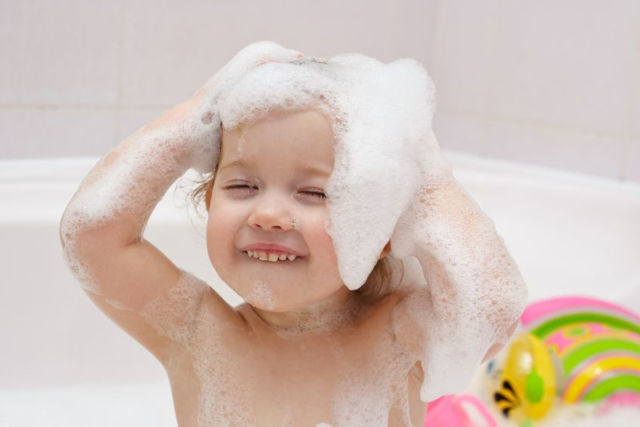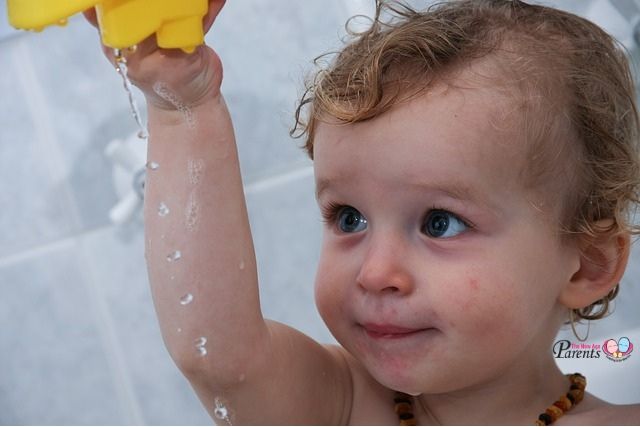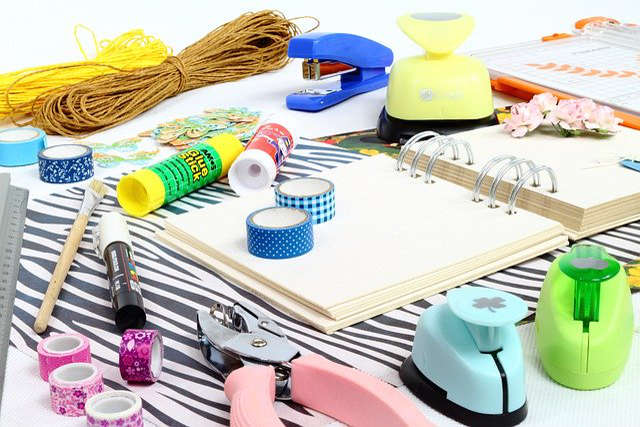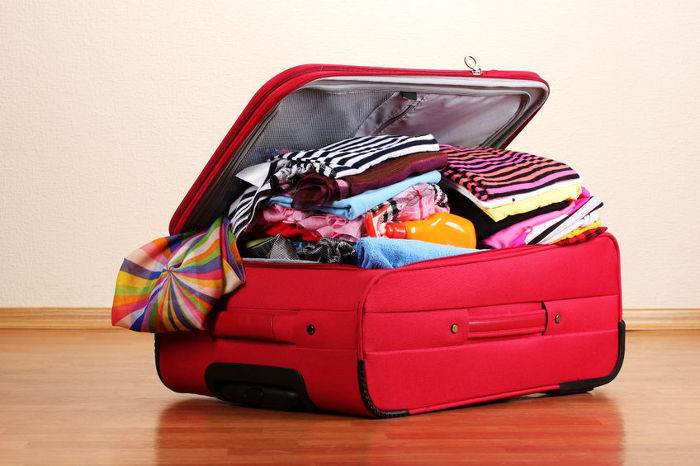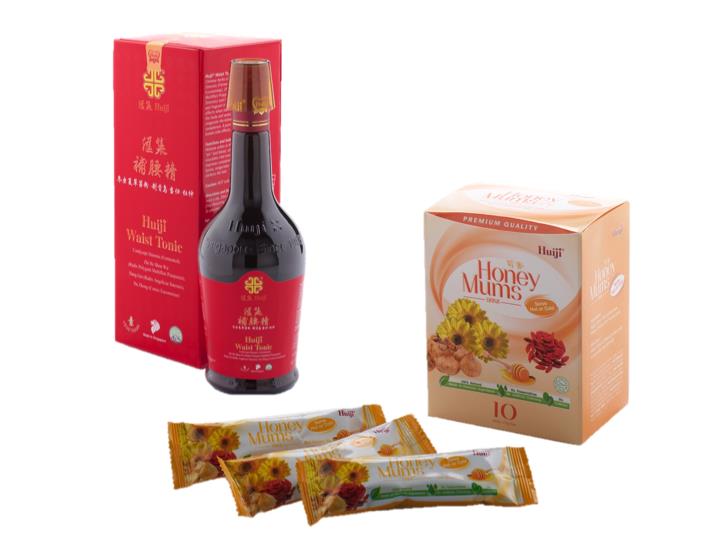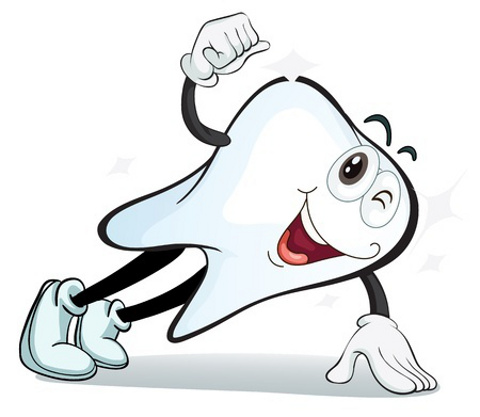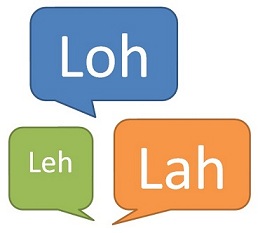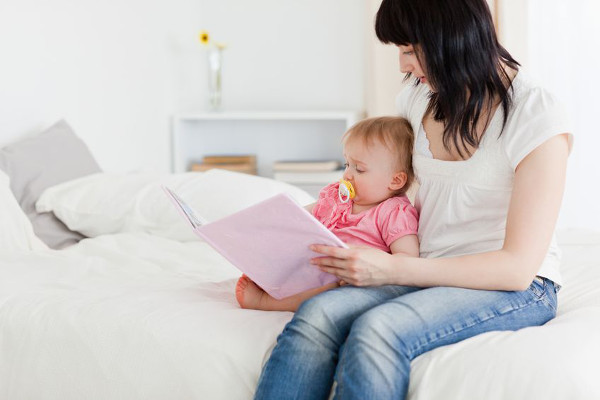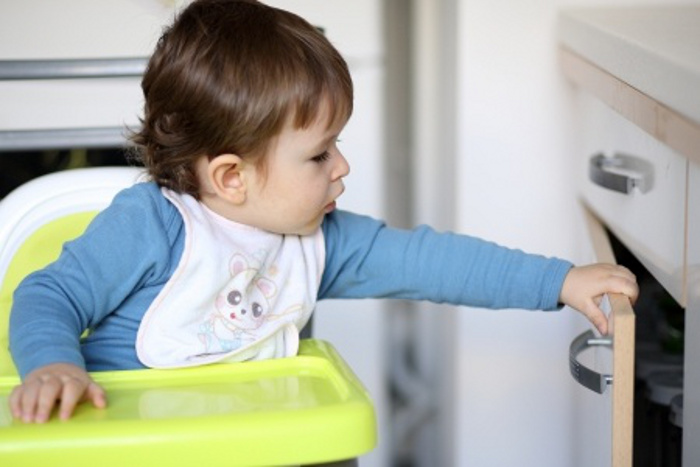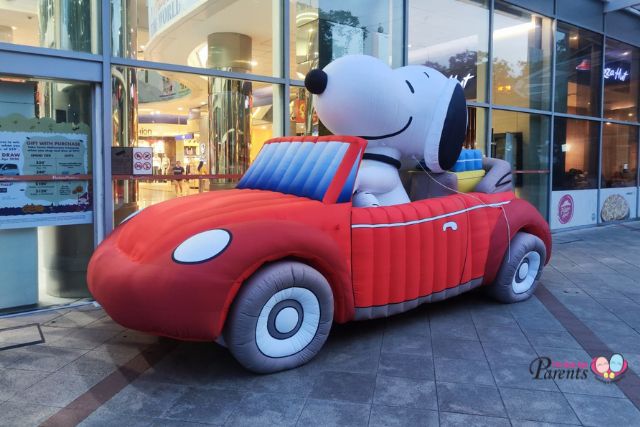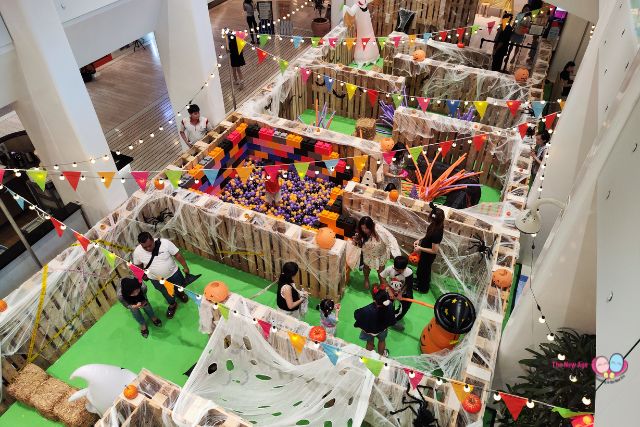Eczema is a common skin condition in children. Due to the irritation of symptoms caused by eczema, toddlers can become extremely irritable and grouchy. There are; however, ways to ease their discomfort.
Eczema Facts
The most common and first signs of eczema are patches of itchy inflamed (irritated) skin. People with eczema typically develop the condition by the time they are 5 years of age. The good news is that most babies will outgrow eczema by the time they are 2 years old. Some; however, may not outgrow the condition until they reach their mid teens.
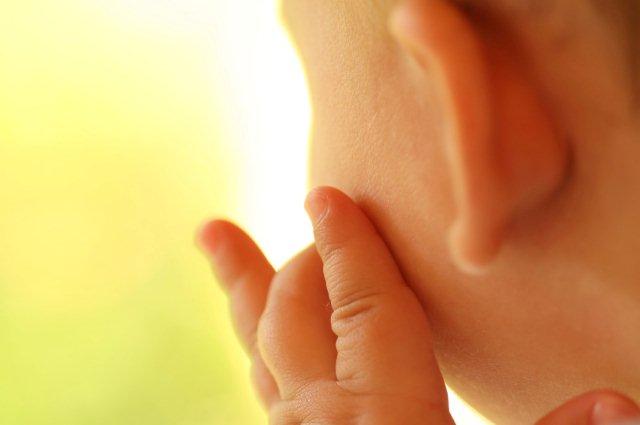
There are three types of eczema – atopic, infantile, and dermatitis. Listed below are some factual information about each type of eczema.
1. Atopic – Caused by Allergies
- Runs in the family and is often liked to other atopic conditions such as asthma
- Causes the skin to be excessively dry, red, itchy, and inflamed
- Due to dryness and scratching, skin may begin to crack and bleed
- Usually starts with a rash on the cheek, which spreads slowly to other areas of your body (i.e. neck, legs, arms and nappy area)
- With toddlers it usually appears at the back of the knees, inside their elbows, or on wrists and ankles
2. Infantile Seborrhoeic Eczema (aka cradle cap)
- Flakey skin that does not become itchy
- You can get rid of loose flakes by massaging your baby’s scalp with olive oil and combing her hair the following day, then wash with a mild shampoo
- Another alternative is to buy cradle cap shampoos
3. Allergic Contact Dermatitis
- This occurs when the immune system reacts badly to certain substances like lotions, soaps, detergents, etc
Eczema is being diagnosed on a much more frequent basis. Part of this is due to an overly clean, or sterile, environment. Immune systems have become weak and cannot fight infection as they used to. Children who are exposed to fewer infections are more likely to suffer from allergies. This is because their immune system does build up immunity.
Eczema can also be caused by cow’s milk or drastic changes in temperature. It is NOT contagious. Breastfed babies tend to have a stronger immune system due to the antibodies in breast milk and are less prone to eczema.
Self-Help Methods to Relieve Baby’s Eczema
There is currently no cure for eczema, although a doctor may be able to recommend antihistamines to ease itchiness. Doctor will sometimes prescribe steroids to reduce inflammation and relieve discomfort. There are; however, some ‘home eczema natural remedy’ that can help to lessen your baby’s irritation.
- Moisturizers help to ease itchiness and replenish the body’s natural oils. It will also help to prevent dry skin and form a barrier against irritants.
- Use mild soaps. Harsh soaps can cause skin irritation and dryness.
- Find a vacuum that efficiently removes carpet mites, dust, dirt, and more.
- Hard wood floors and blinds are less irritating than carpet and curtains.
- Hot water can dehydrate the skin, use lukewarm water for baths instead.
- Cotton clothing allows the skin to breathe easily, avoid wool and synthetic fabrics.
- New clothes should be washed prior to wearing them.
- To avoid scratching or cutting open dry skin patches, keep your child’s nails clipped.
- Chlorine will dry skin out very quickly, bath children as soon as you get home from a swimming trip.
- Have your child drink plenty of water and eat foods that are high in fatty acids. The combination of these two intakes helps to rehydrate the skin.
However, you should always consult a physician if the condition does not improve after using these self-help methods to relieve baby’s eczema.
This article was first published in The New Age Parents e-magazine.
If you find this article useful, do click Like and Share at the bottom of the post, thank you.
Like what you see here? Get parenting tips and stories straight to your inbox! Join our mailing list here.























